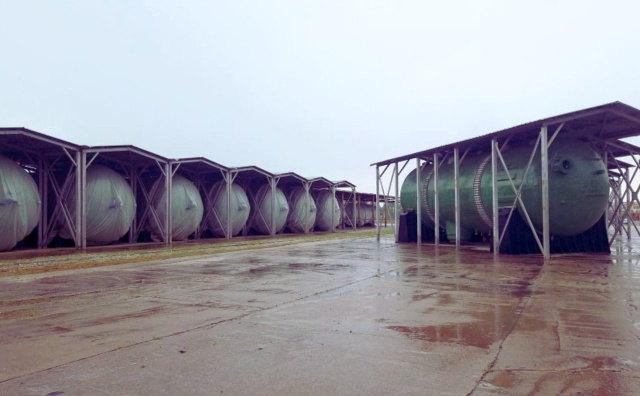
SOFIA — Bulgaria will not proceed with the sale of two Russian-made nuclear reactors to Ukraine, Deputy Prime Minister and Bulgarian Socialist Party (BSP) leader Atanas Zafirov confirmed during a press briefing at party headquarters on Monday.
The decision, he said, was a unified stance by the ruling coalition, driven by concerns over Bulgaria’s long-term energy security and economic independence.
Speaking after a meeting of the BSP Executive Bureau, Zafirov described the two VVER-1000 reactors—originally intended for the stalled Belene Nuclear Power Plant—as vital assets for the country’s energy future.
“Selling the reactors would have been a grave mistake,” Zafirov asserted. “Nuclear energy is reliable, cost-effective, and essential for Bulgaria’s strategic autonomy in the current global energy climate.”
Zafirov noted that Bulgaria has the infrastructure and expertise necessary to develop its nuclear sector domestically, a factor he said further justified retaining the reactors.
While acknowledging that parliament could still weigh in on the matter, he affirmed his readiness to support the coalition’s position in a formal vote in the National Assembly.
The two reactors had been the subject of intense negotiation since 2023, when talks began with Ukraine regarding their potential acquisition to expand the Khmelnytskyi Nuclear Power Plant.
In January 2024, Ukraine’s parliament approved a purchase plan, and the Bulgarian parliament endorsed the deal, valued at over $600 million.
Ukrainian officials later estimated that modernizing the facility, including integrating the new reactors, would cost up to $1 billion.
Despite the initial parliamentary approval, the government has now reversed course. Zafirov revealed that all coalition partners, including the centre-right GERB party led by Prime Minister Boyko Borissov, are aligned on the decision to retain the equipment.
He expressed personal appreciation for Borissov’s support, emphasizing that energy sovereignty should remain above political divisions.
“This is not just about economics—it’s about Bulgaria’s role in a rapidly changing energy landscape,” Zafirov said. “Amid rising global energy prices and sectoral instability, preserving our nuclear assets is a strategic imperative.”
The Deputy Prime Minister also addressed a separate political challenge facing the coalition—the upcoming no-confidence vote scheduled for debate on Wednesday.
The motion, initiated by the opposition MECH, Revival, and Greatness parties, centers on corruption allegations against the government.
Zafirov dismissed the move as a “political ploy” designed to paralyze government functions and undermine ongoing efforts to stabilize the country. He accused the opposition of offering no constructive alternatives and warned that such actions risk derailing Bulgaria’s progress.
“The government will not yield to politically motivated sabotage,” Zafirov said. “The people of Bulgaria deserve a functioning, stable government—not opportunistic disruption.”
He concluded by reaffirming BSP’s continued support for the Zhelyazkov cabinet, stressing that order and governance must be preserved to prevent a return to institutional chaos.
“Now is not the time for destabilization,” Zafirov added. “It’s time to move forward with clarity and purpose.”
